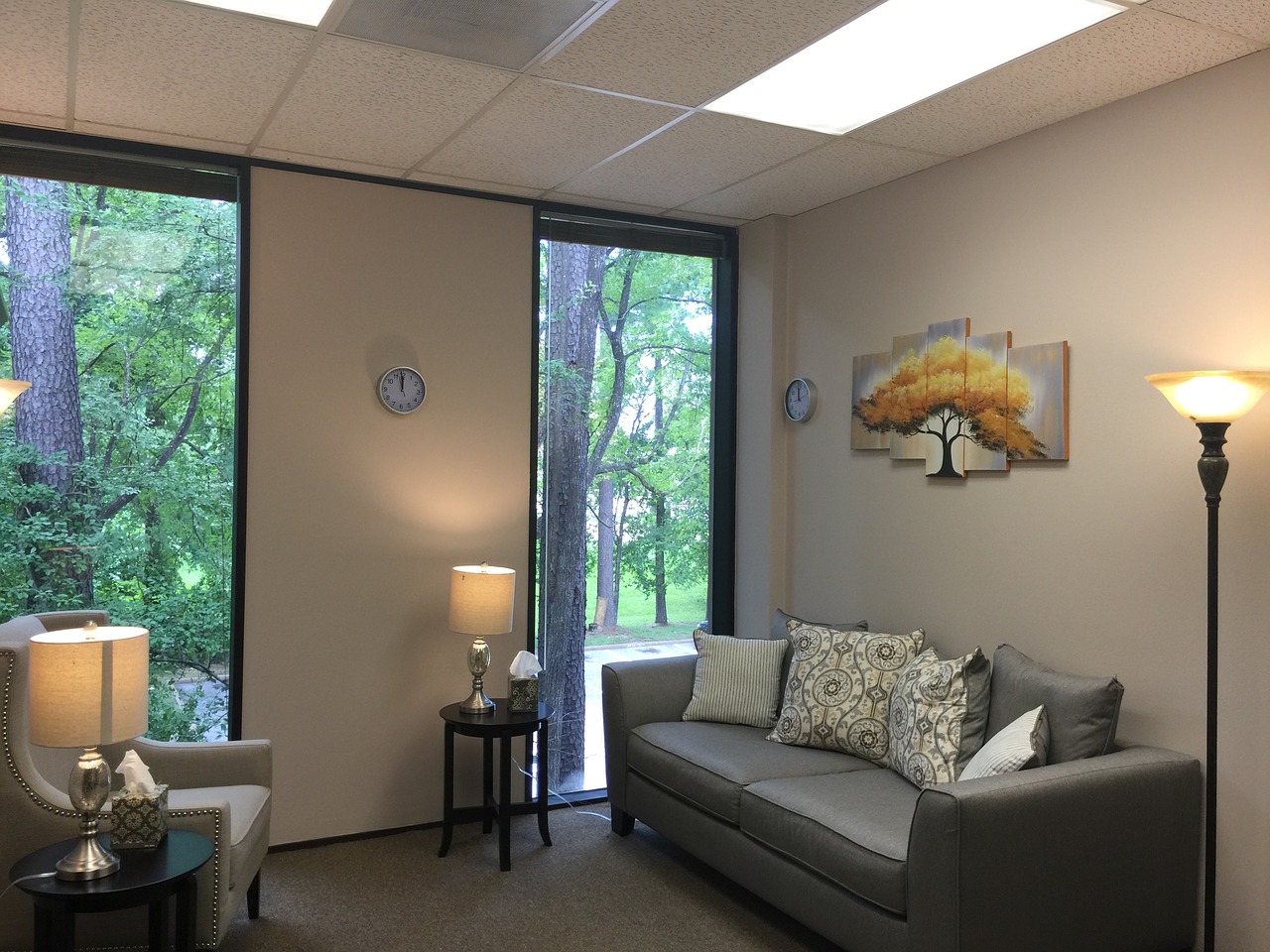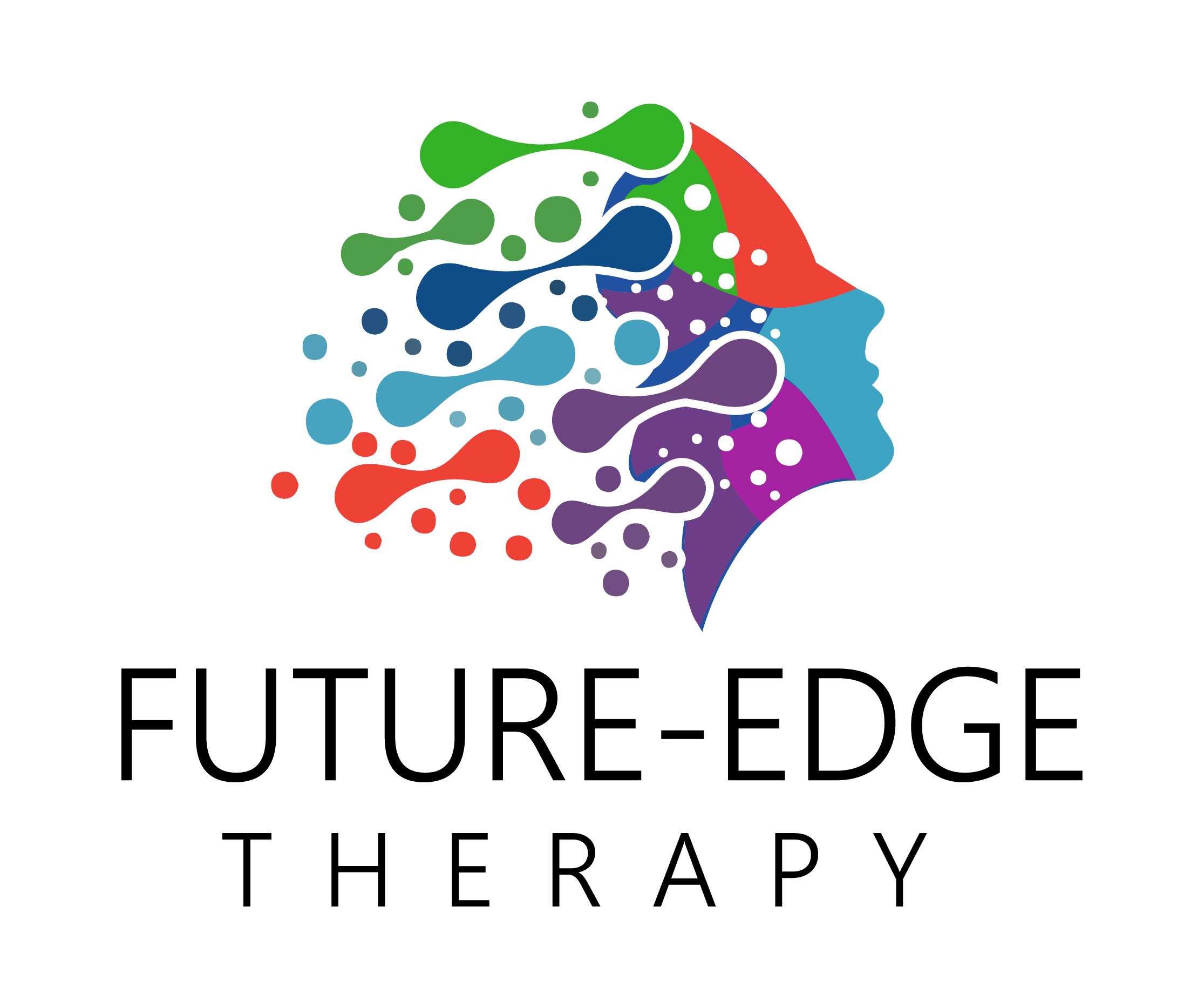
27 Jul 7 Techniques of Trauma Counselling
Healing from trauma is a marathon, not a sprint. But, similar to a marathon, it requires proper training to equip you with the right tools to heal. There are many different techniques for trauma counselling and methods for helping individuals heal from trauma, we’re going to explore some of those in this blog today.
Why trauma counselling?
Trauma counselling allows people the opportunity to express challenges that they have faced in their life, such as physical or verbal abuse in childhood or adulthood, vehicle accidents, victims of violent crimes or military experience, and many more experiences.
The three phases of trauma recovery:
- First phrase – Safety and stability
- Second phrase – Remembering and grieving
- Third phrase – Restoring relationships
Let’s take a look at the different techniques for trauma counselling.
7 Different Techniques of Trauma Counselling
Pharmacotherapy
The first type of trauma therapy on our list is pharmacotherapy. This is the use of medications to manage disruptive reactions as a result of trauma. Symptoms of trauma that medication can and have shown to be helpful in are: intrusive symptoms, hyperarousal, emotional reactivity, heightened arousal, irritability and depression.
While medications can help lessen symptoms, they should not be relied upon and seen as a long-term fix and way of dealing with pain.
Behaviour Therapy
This technique is all about exposure and gradually facing one’s fears. With a therapist, this will involve revisiting the memories of a traumatic event without the fear of the consequences occurring.
This type of therapy has been found to reduce anxiety and depression and it involves improving social adjustment and organising the trauma memory. It is a highly effective treatment for PTSD.
Cognitive Behavioural Therapy
This therapy, also known as CBT, is all about the individual correcting and changing their thoughts, as well as increasing their knowledge and skills. Often, this technique involves teaching people how to breathe as a way to manage anxiety and stress; educating them on normal reactions to trauma; exposure therapy; and identifying and evaluating negative, incorrect and irrational thoughts and replacing them with less negative and more accurate thoughts.
Eye Movement Desensitisation and Reprocessing (EMDR)
This technique requires specialist training from a practitioner. EMDR treatment follows a sequence of 8 steps and involves the person thinking about the traumatic experience or negative thought while visually tracking a moving light, or in some cases, a therapist’s moving finger.
This type of treatment has been shown to be highly effective for eliminating symptoms of trauma and other distress.
Hypnotherapy
As the name suggests, this treatment involves a hypnotherapist guiding an individual into a hypnotic state and then engaging them in conversation about a certain issue. This technique believes that emotions and thoughts will surface when an individual is under hypnosis; this is crucial to healing.
Psychodynamic Therapy
This technique is a way of identifying which phase of the traumatic response a person is stuck in. When a therapist has identified this, they can work with the individual to begin the healing process.
Some key elements of psychodynamic therapy include taking the individual’s history and childhood into account, as well as looking at how the individual’s sense of self and relationships have been impacted.
Group therapy
The last technique of trauma counselling is group therapy. As the name suggests, this involves getting a group of trauma survivors together. Sometimes this is peer lead, other times it is therapist lead. The purpose of these groups can range from being educational to supportive or therapeutic.
When an individual is selecting the right group therapy, it’s important they choose a group that matches their healing journey.
Typical examples include: safety or victim phase, remembering and mourning or survivor phase, reconnection or thriver phase, or purely educational which is appropriate at any phase.
Contact Future-Edge Therapy
If you would like trauma counselling and would like to speak to someone, please drop me (Bonita) a line on 07970 011 235, or fill out our online contact form and we’ll be in touch.
 7 ways to combat anxiety - Free ebook
7 ways to combat anxiety - Free ebook

